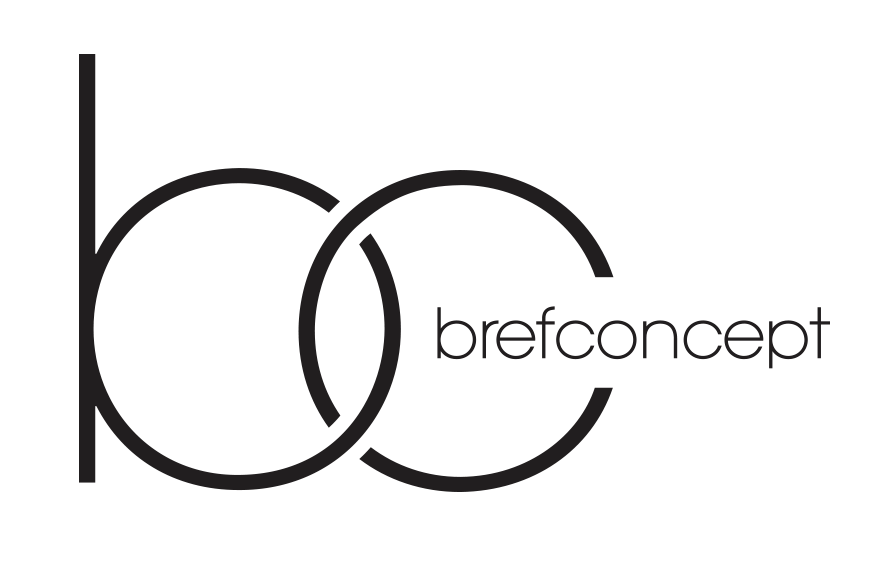Technical SEO ensures that search engines can easily crawl and index your website. Check for broken links, as these can hinder indexing and negatively impact your domain authority. Regularly audit your site to fix any technical issues that may arise. Third-party SEO tools like Moz Pro can provide in-depth insights into your rankings and website performance. They often feature various functionalities, such as backlink analysis, site audits, and reporting.
Even Google doesn’t use that as a relevancy signal, people searching on the internet might see it that way and click on your link instead of others. So, a domain name with a relevant keyword in it can improve your SEO indirectly by increasing click-through rate. Google won’t directly use this metric to rank your website, but you’ll be getting more backlinks if people find your content useful. You may also rank for multiple relevant search queries as the content is more comprehensive and covers lots of topics. Domain authority score is a compound metric used for measuring a domain’s overall external SEO performance. The algorithm includes many data points to measure the final score but all of the metrics are about the external links pointing to your website and their quality.
Utilizing AI Generated Content
SEO is constantly evolving, but some ranking factors remain at the core of successful strategies in 2025. Focusing on these areas will help you improve your search rankings and enhance the overall user experience, driving more traffic and increasing conversions. High-quality backlinks are one of the most important factors for improving a website’s search engine ranking. These are links from reputable, authoritative websites that are relevant to your content.
- Incoming links from other websites have a huge influence on Google’s ranking algorithm.
- This involves tracking your progress for specific keywords, including SEO ranking factors, across various pages.
- Many SEO professionals think that links are being deprecated as a ranking factor.
- These paid results can allow you to show up as the top result for a search term, but it will cost you money every time a user clicks through to your website.
- All major search engines give more credit to websites that load faster.
Build links to your content
Slow websites will be ranked adversely since they tend to frustrate users. Besides publishing original content and getting backlinks, one of the most well-known ranking factors is the use of keywords on websites. As you’ll see, that’s usually a combination of great content (see the next tip) and off-page SEO signals like inbound links and social shares. And thanks to E-A-T, it can also include the authority of the content’s creator. Link-related signals are incredibly important for your local organic rankings – as links make up 31% of the localized organic ranking factors in 2020. This continues to rise (up from 24% in 2013), meaning that quality links are only becoming more critical to quality rankings.
The many factors that can affect rankings in the local pack (AKA Google Local Finder) are some of the most critical to local businesses, so any shifts in importance must be closely monitored. At Whitespark’s Local Search Summit in September 2020, Darren Shaw announced the initial findings of his latest Local Search Ranking Factors survey. It is not only important how high a video ranks, the keywords take also care of where they rank and on which topic.
He writes/tweets about Google ranking signals, SEO best practices, experiments, tactics, and industry updates. At Moz, we’ve seen sites use similar tactics only to watch their bounce rate skyrocket, and their rankings drop. In fact, there’s anecdotal evidence of sites being hit by Panda after introducing similar barriers. Imagine if you will, a site that requires registration to view any content, which is otherwise accessible to search engines. We’ve talked for SEO Anomaly years about making your site more accessible for both search robots and humans, but we rarely discuss how those usability factors affect rankings. So after you do the work of ranking, you have to work to keep it there.
Google Analytics complements your SEO efforts by providing comprehensive data on user behavior. You can track metrics like bounce rate, session duration, and conversion rates to identify how traffic interacts with your site. This analysis helps you make data-driven adjustments to further improve your SEO strategy.
You’ll get a prominent display that appears whenever anyone searches for your business. If you want to rank well, you must create and optimize a Google Business Profile. An example of formatting for search intent is writing on a “how to” topic and organizing it by numbered steps. Learn how to connect search, AI, and PPC into one unstoppable strategy. For more information on building your geotagging SEO strategy, read this.
In this section, we will discuss the top Google ranking factors that you should focus on in your SEO journey. If you optimize these right, you will see a marked improvement in your SEO performance. While they are not entirely wrong, there are a lot of other Google ranking factors that can affect their search rankings.
